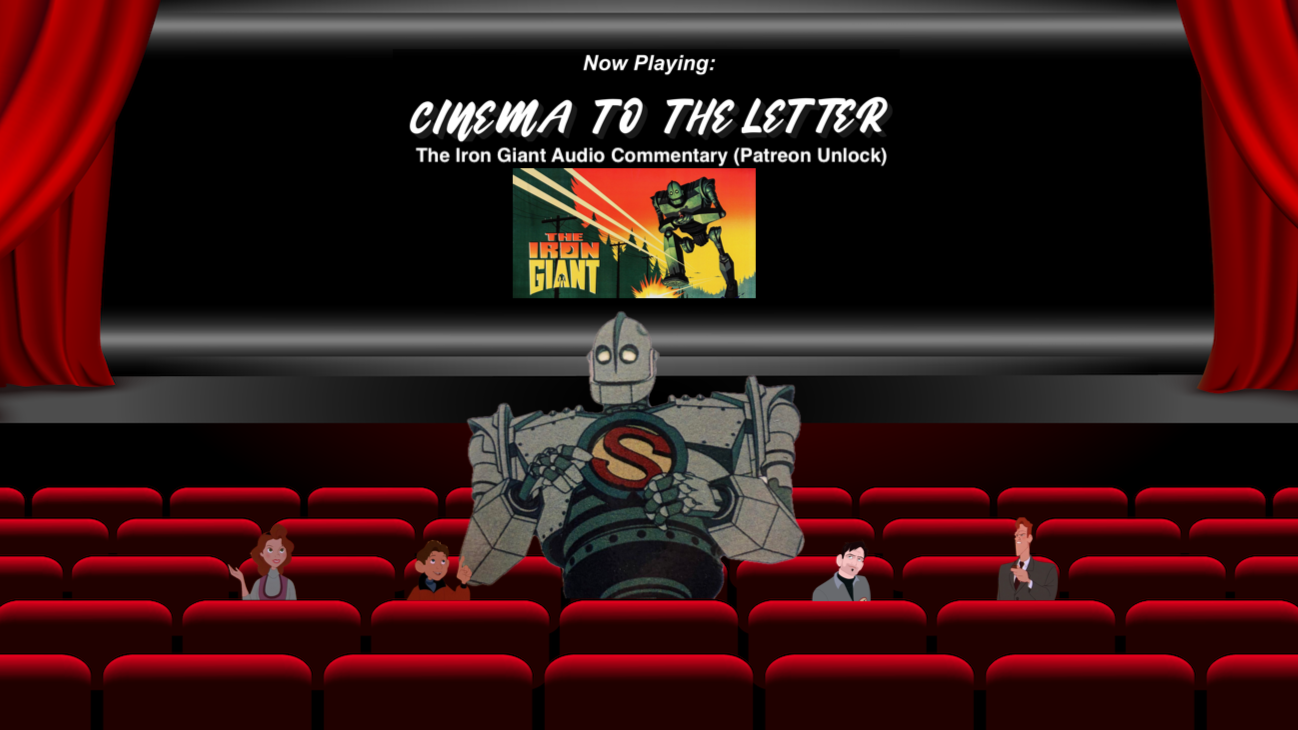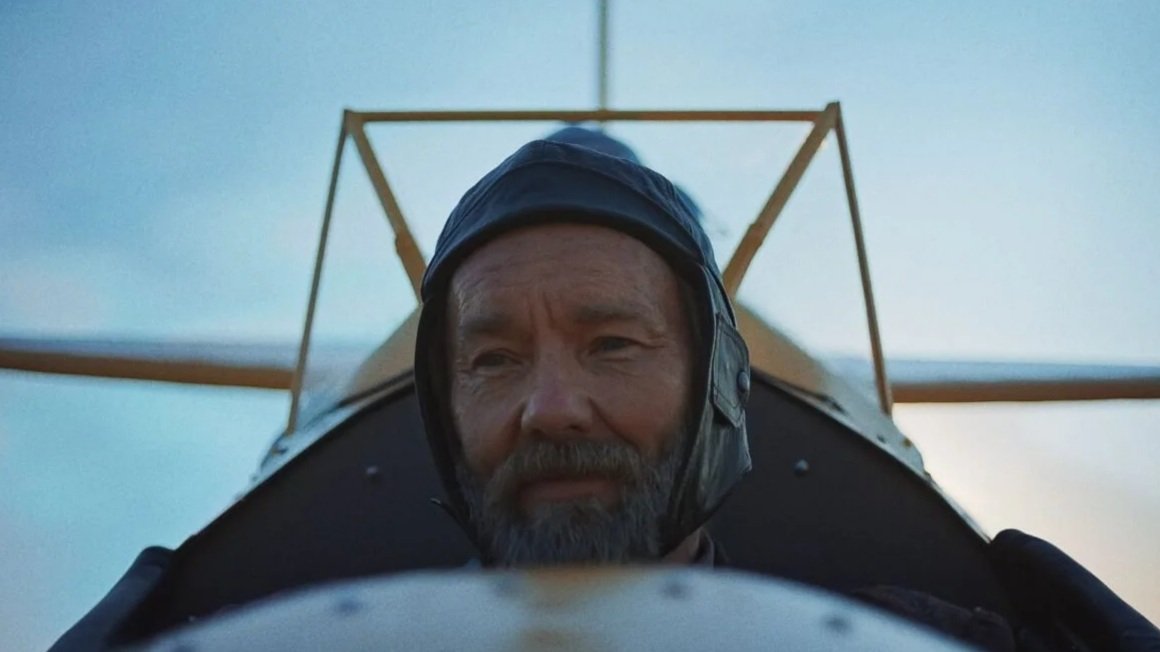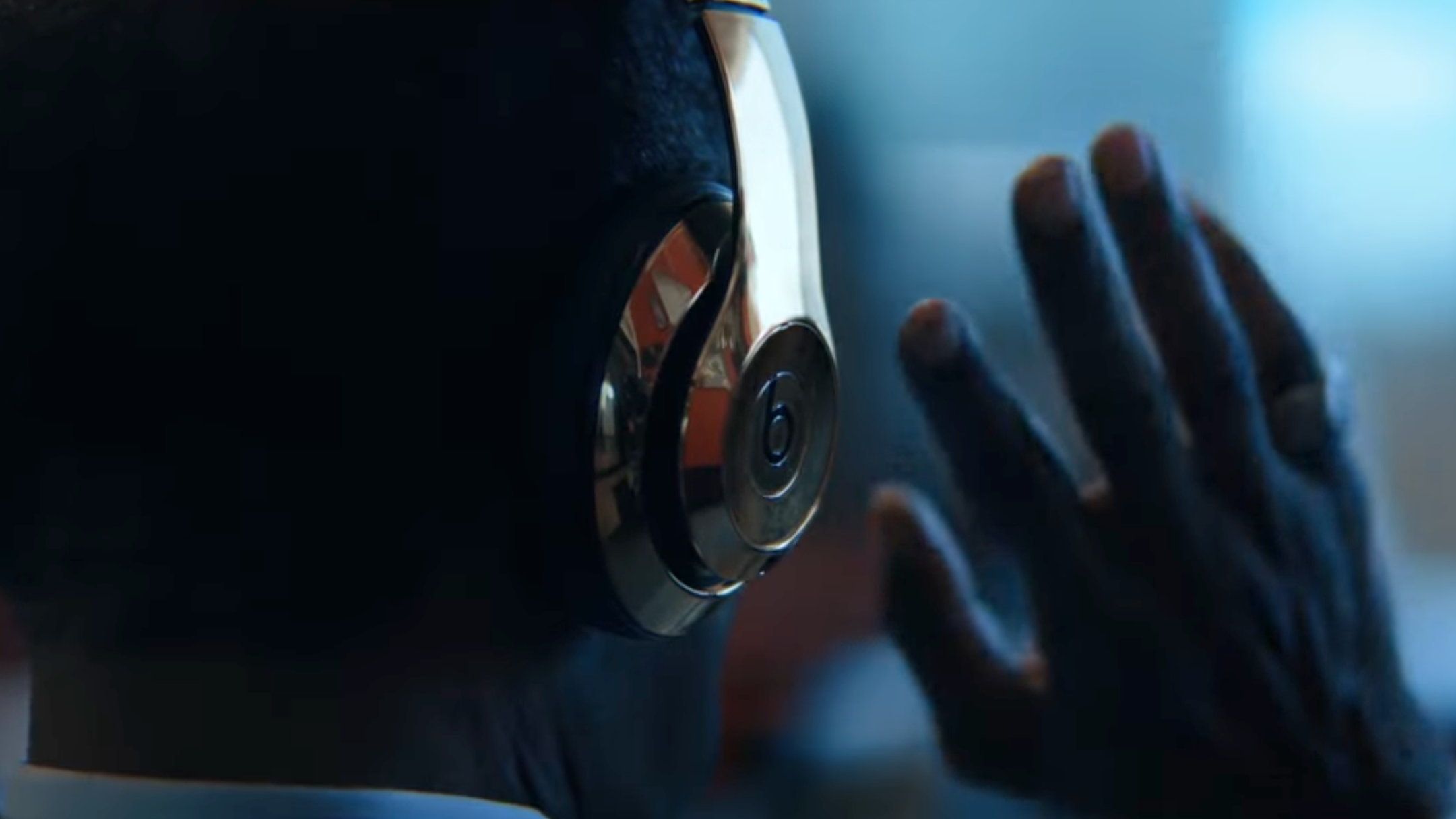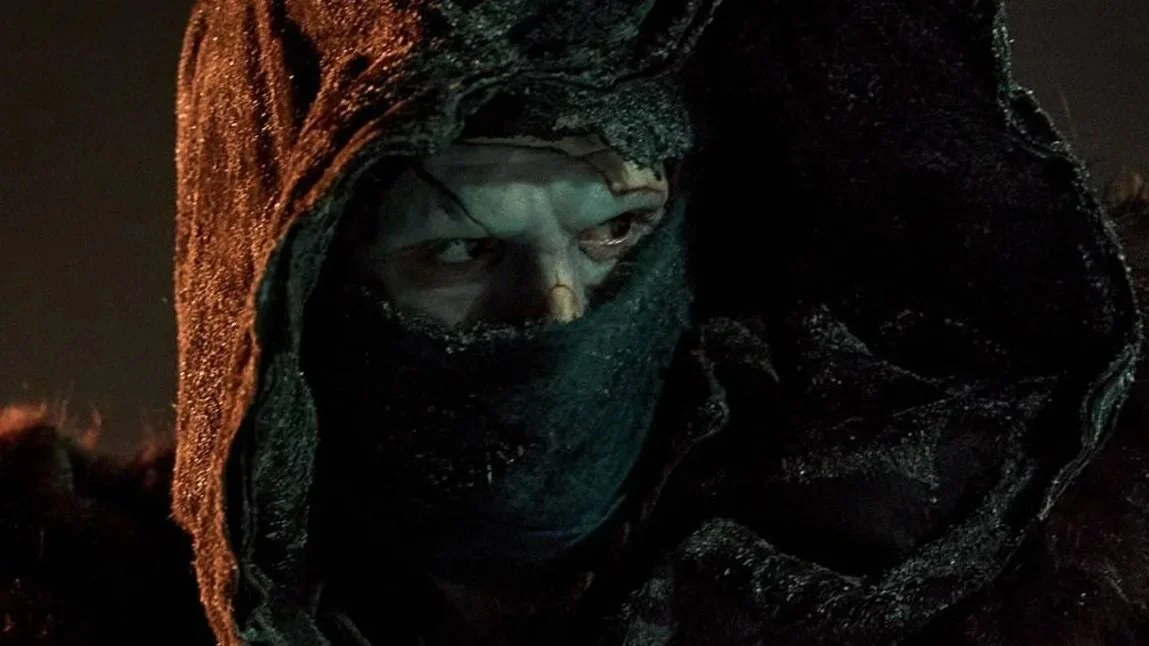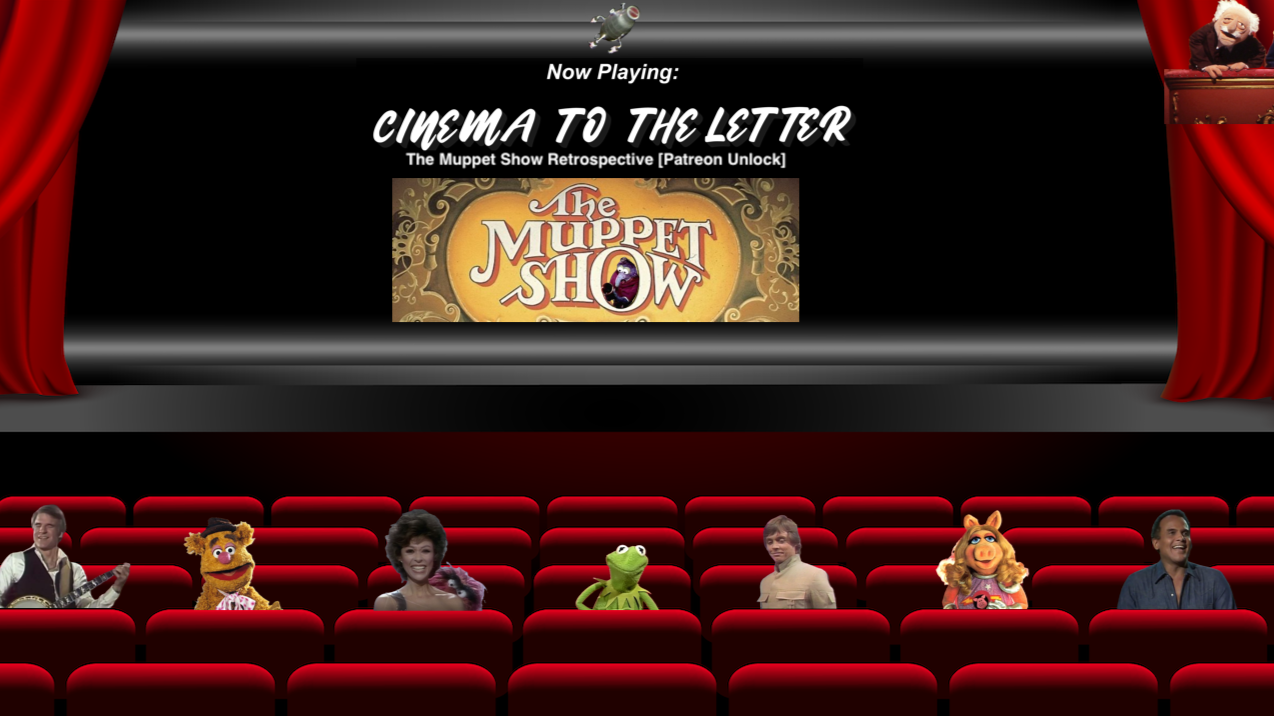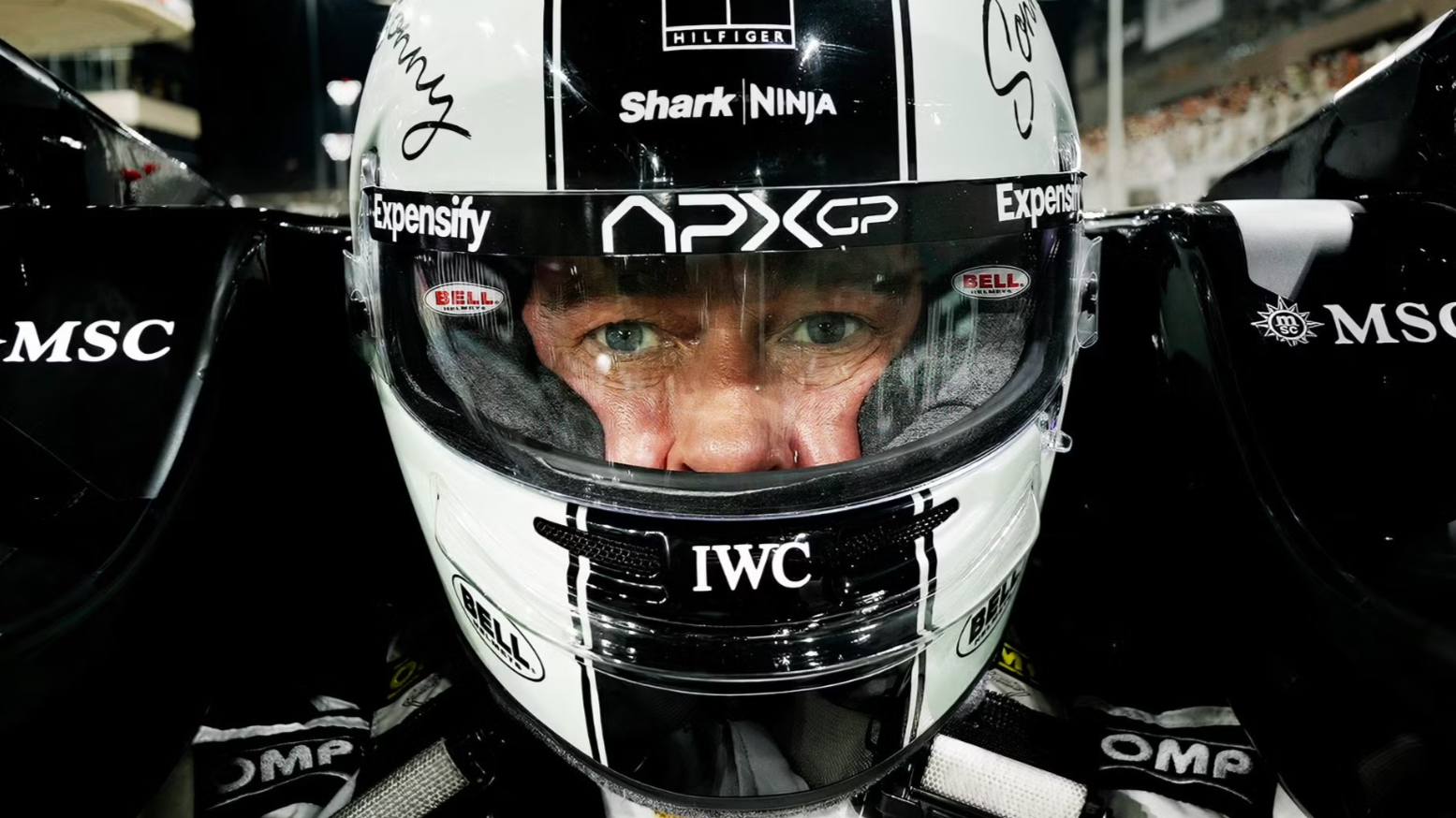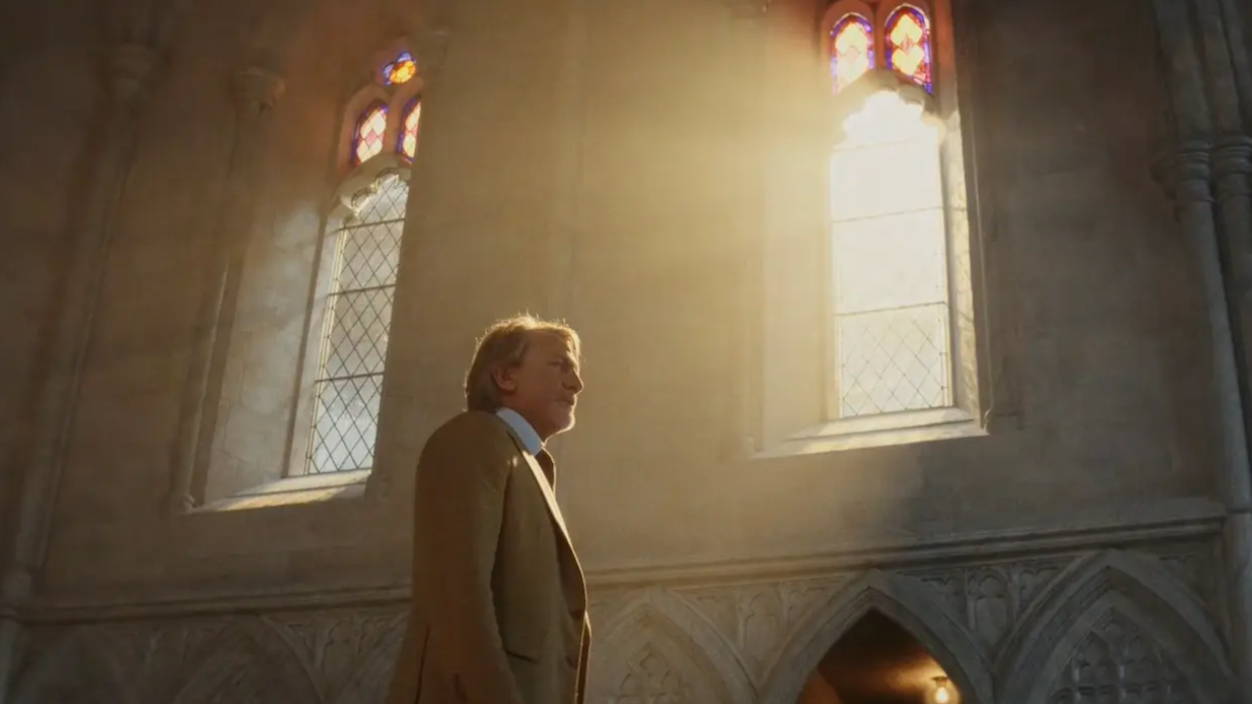Sundance 2021: Passing
Rebecca Hall's directorial debut is a sublimely elegant portrait of the foggy contours of racial categorization construction. It is delicate and gorgeous, but deeply felt and brilliantly true. It is based on author Nella Larsen's 1929 novel of the same name in which two estranged friends, both biracial women, happen upon one another after years apart. One, Irene (Tessa Thompson), lives in Harlem with her husband, Brian (André Holland), who is Black. The other, Claire (Ruth Negga), lives a world apart, passing as White woman with her White husband, John (Alexander Skarsgård), who knows nothing of her unspoken background. After the pair's re-introduction, Claire offers Irene a drink upstairs when John interrupts. His intrusion turns sour when he begins to rant, going on a tirade of racist vitriol. Irene passes as a white woman, right under his nose. But, the episode comes to highlight how fraught the act of “passing” is for these two women. As the story progresses, Claire comes to visit Irene and her family more and more often, becoming a mainstay in their home and in re-discovering an identity she has spent decades suppressing for manifold reasons, Irene questions her decisions and certainty of identity.
It is a remarkably astute work. Pindrop quiet, even when speaking volumes. So much is said by saying so little. And, it all rings true. Though passing for me has never been so fraught an experience as it is for Claire or Irene, there are many details the film gets right, and elegantly so. Take the opening scene, in which Irene sits at a posh café, lacy brim down, glancing about the room. She spots Claire and their eyes lock. Where the White patrons' eyes pass over her, she can't hide her identity from Claire's gaze. There is an immediate silent recognition of their shared identity that I have found an ever present interaction in my life, especially with those that share my background. There is also a distinctly homoerotic subtext. The book had it too, but Hall leans into it a bit more. It remains unvoiced, but both Negga and Thompson make it unmistakably present. The furtive and playful glances they shoot at each other and the ways in which they flirt without really flirting add another layer to their complicated relationship.
Ironically, for a film that so effortlessly deconstructs the myth of racial binaries, the film is shot in black and white, in the Academy aspect ratio. It is tight and claustrophobic. All the room in the frame is reserved for the faces of the lead performers. The aspect ratio is a smart and subtle way to express the interior struggles and external pressures of a society so violently predicated on race and racial power constructs. And, the technique never feels contrived. The gorgeous monochrome imagery is the real visual trick, though. In a film about gradations of tone, where one shade too dark can invite racist violence, the essentialization of racial identity, down to concentrations of pigment, provides a clean way to focus on how messy and arbitrary these categories used to enforce power and subjugate truly are. Additionally, the period detail is both sumptuous and understated. The late ‘20s/early ‘30s style and technology never feels overly dressed, but serves this intensely atmospheric film beautifully.
Aurally, this movie is a marvel. Rebecca Hall was keen to mention how painstaking her mastering of the film's audio was. And, it shows. This is a film where not a note is eskew. Glasses clink in the background, foghorns blare in the distance, clocks chirp along quietly, even characters' breathy exhalations and softly thumping heartbeats provide a sort of trance-like tempo to the story. It is incredibly impressive work and I would urge anyone interested in watching this to either watch it with the best sound system you can or a quality pair of headphones because the work here is superb. Hall uses the precision of her audio to extraordinary effect in externalizing the lives of these characters whose interior feelings and anxieties must be so carefully muffled.
Though it's early in the festival, this is the best I've seen so far and likely will remain near my year end list's top spot. It is an extraordinarily compassionate and delicately performed, written, and directed work that deserves everyone's attention. Absolutely see this when you can.


